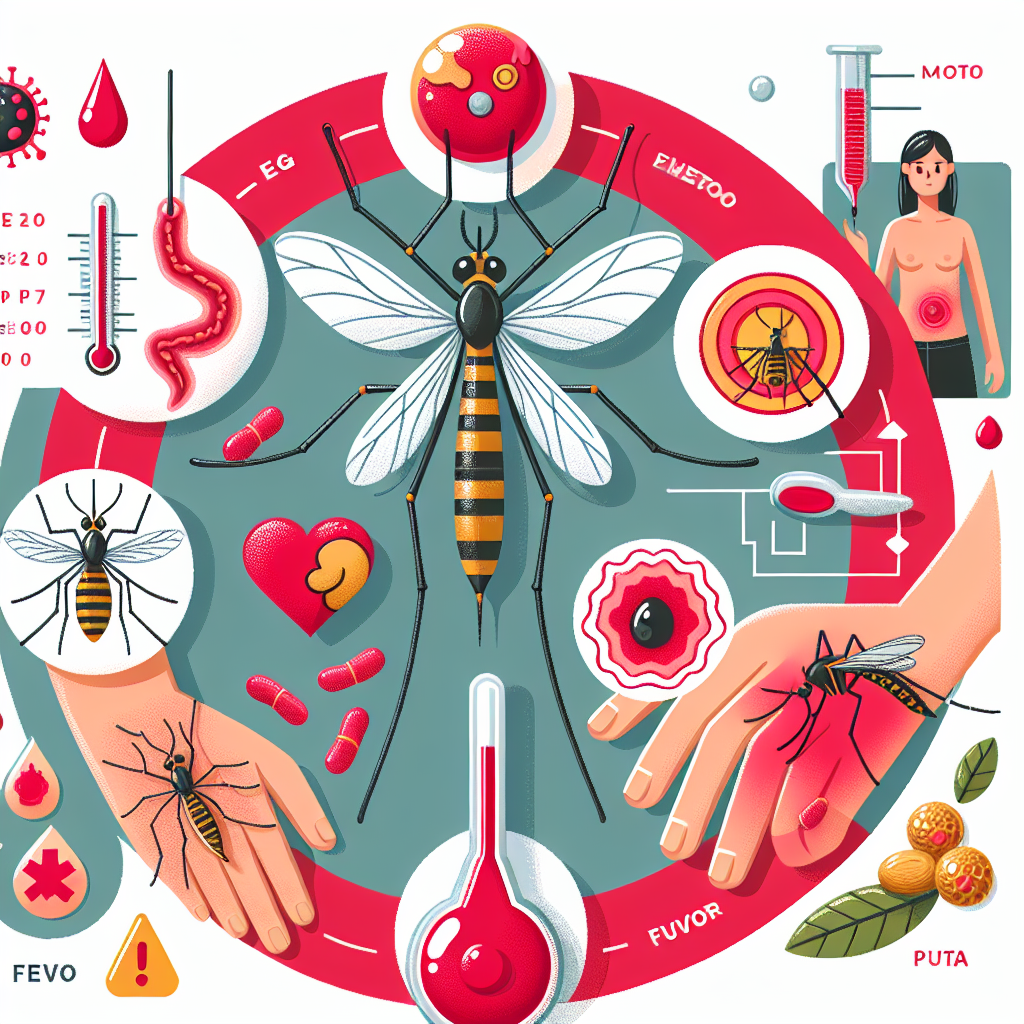Rising Temperatures and Misplaced Rainfall: The Future of Dengue in Pune
New research finds that dengue infections and deaths rise when temperatures exceed 27°C and rainfall is moderate and spread out. Researchers have developed a predictive model using AI to forecast outbreaks in advance, aiding local health departments in preparation against dengue in Pune, India.

- Country:
- India
In a groundbreaking study, researchers at the Indian Institute of Tropical Meteorology in Pune have identified crucial climatic conditions that spur dengue outbreaks. The study reveals that temperatures above 27 degrees Celsius, combined with moderate, prolonged rainfall, contribute significantly to increased cases of dengue in the region.
The team, led by Sophia Yacob and Roxy Mathew Koll, has developed a predictive model leveraging artificial intelligence and machine learning to forecast dengue outbreaks more than two months in advance. This new tool is set to bolster the preparedness of local health authorities, potentially curbing the impact of this vector-borne disease.
However, the researchers stress that cooperation from health departments across India is essential. By sharing health data and collaborating with meteorological insights, regions facing high dengue burdens—such as Kerala and Maharashtra—could greatly benefit from tailored early warning systems designed to address climate-sensitive diseases like dengue.
(With inputs from agencies.)
- READ MORE ON:
- dengue
- temperature
- rainfall
- AI
- health
- warning systems
- Pune
- mosquitoes
- disease control
- climate
ALSO READ
Metropolis Healthcare's Strategic Acquisition of Core Diagnostics: A Growth-Driven Move
Health Headlines: From ALS Drug Setbacks to Bird Flu Misfortunes
Health Advisory Issued to Combat Winter Respiratory Diseases Spread
Reshaping Public Services: Solutions to Inequities in Health and Education Systems
Prashant Kishor's Arrest and Health Crisis Amid Protest Hunger Strike










